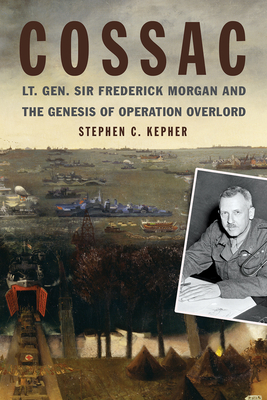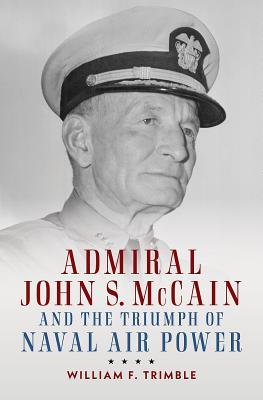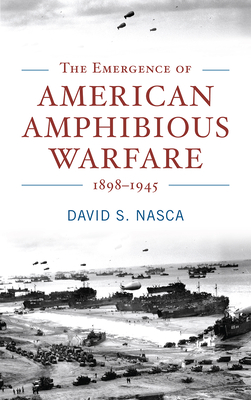
Part of Series
When Frederick Morgan was appointed COSSAC (Chief of Staff to the Supreme Allied Commander), in the spring of 1943, there was no approved plan for a cross-Channel attack and no commander. There was not even agreement that a cross-Channel assault was going to occur. The western Allies were in the midst of a great debate about the strategy or strategies to defeat Nazi Germany. Indeed, there was not even one agreed-on method for conducting amphibious assaults. COSSAC's primary task was to create a plan that would be approved by the inter-allied Combined Chiefs of Staff. Until that happened, few meaningful preparations could take place. To gain that approval he had to decide where the attack was to take place, ending the debate between the Pas de Calais and Normandy; he had to address the need for improvised shelters for the transport ships until a port could be captured - which led to the invention and construction of the MULBERRY harbors; he had to create all the structure necessary for a multi-national force that would liberate countries, not occupy them; and he had to convince his superiors that it could be done with the limited forces they were willing to provide. Morgan insisted that the approach to planning be radically changed and that the staff he was creating reflect the coalition of western Allies (British, Canadian, American, and also South Africans and Australians.) He argued that, if an invasion was to take place in spring 1944, they must accept that the operation had already started, or they would not be ready. Most importantly, he had to motivate planners who had "ceased to believe in the reality of their work." Morgan was obliged to act as if there was an approved plan and a commander, even though neither existed until December 1943. His creation - an allied planning staff that would become the commander's operational headquarters had no precedent or template for its organization. Morgan's leadership, his unorthodox approach to problem-solving, his willingness to disregard or modify orders he thought wrong and his constant taking the initiative to move the plan forward led to the needed political approval of a plan that Montgomery and Eisenhower could modify into the D-Day operational plan. This is the story of how that happened. While often overlooked in the D-Day story, Morgan was one of the most important contributors to OVERLORD's success.

